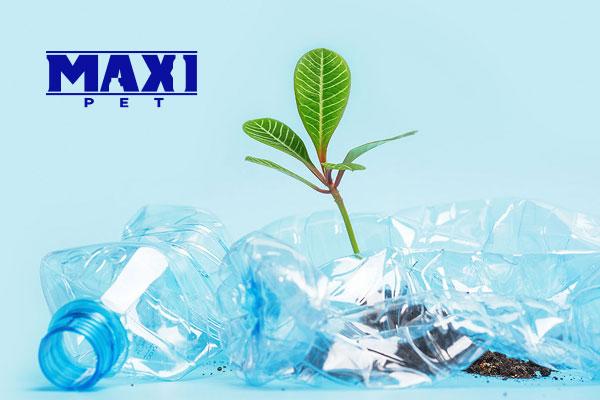biodegradable bottles

Without a doubt, there is indeed a serious problem of contamination by plastic waste throughout the world, where PET and HDPE bottles occupy a predominant place. For this reason, many companies are opening areas dedicated to the research and development of new technologies that can help reduce the levels of garbage that is generated.
Why are plastic bottles still made?
PET, HDPE, and PP, among other plastics, have great benefits for the vast majority of industries, they are part of their logistics cycle at some point, mostly related to the container or packaging in which the product comes contents. The reasons why plastic is a very difficult material to replace are due to its qualities such as resistance, elasticity, lightness, price, etc., which cannot be matched by other raw materials.
Among the most notable actions that have been developed is the creation of biodegradable bottles, which are containers that simulate plastic but are made of materials that can be reintegrated into nature more easily. On the other hand, microorganisms have also been added to the bottles that are capable of breaking down the plastic in a period of between 5 and 7 years, which, compared to the time it takes without this help, is a very considerable reduction that provides help to the environment.
Advantages of biodegradable bottles
Among the advantages offered by the production of biodegradable bottles is mainly the use of vegetable waste that decomposes more easily, which, being made of these materials, does not release toxic or polluting gases into the soil and atmosphere.
Disadvantages of biodegradable bottles
It is not a secret that the number of plastic containers used is in the millions and that manufacturing with materials from some fruits or vegetables could have a direct impact on food such as a price increase due to high demand. Another problem is that for these biodegradable bottles to be easily reintegrated into the environment, they require certain conditions and the problem is that there is no correct waste separation.
What can we do?
There are still many years to go before the dream of plastic being replaced by vegetables or other types of resin materialized. What we have learned during this time is that we can have a healthy relationship with this waste; that much of the progress lies mainly in the education and awareness of the end-user. If there is no garbage separation, all the efforts in development and research to manufacture this kind of packaging will be useless. At Maxipet, we invite you to reflect on this, as we have observed, what has the greatest impact is your support, separate, reuse, and recycle.



